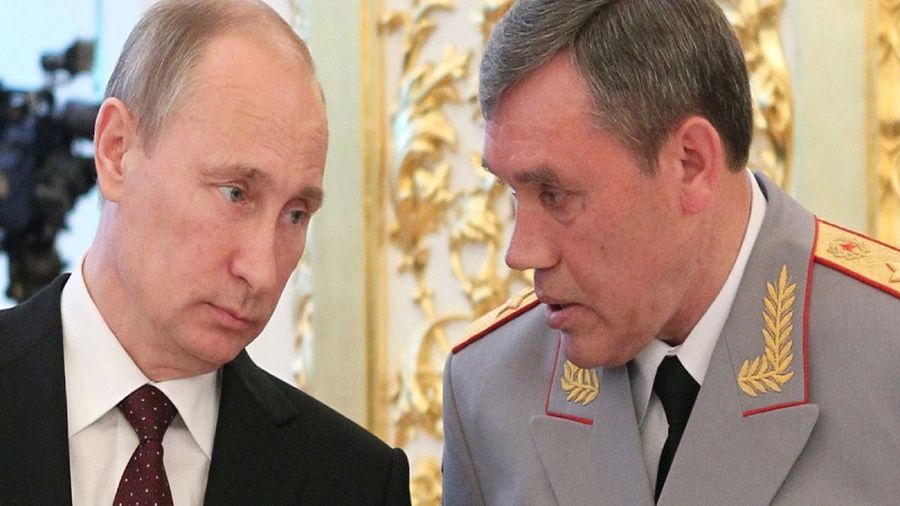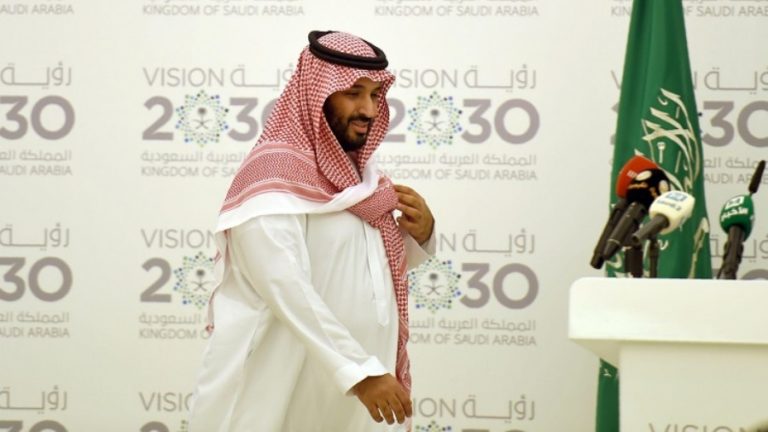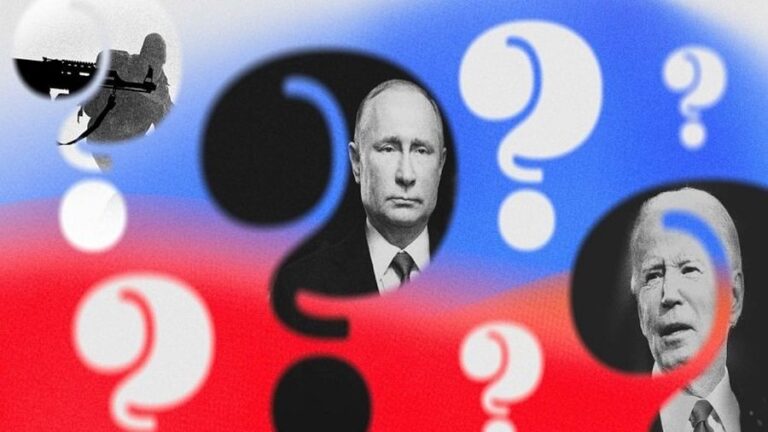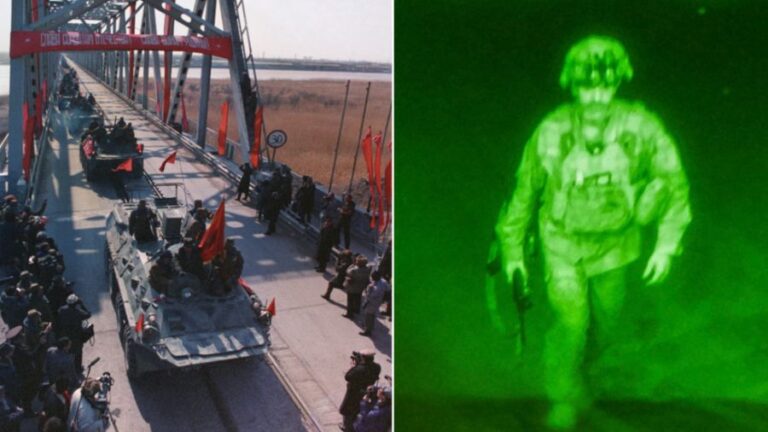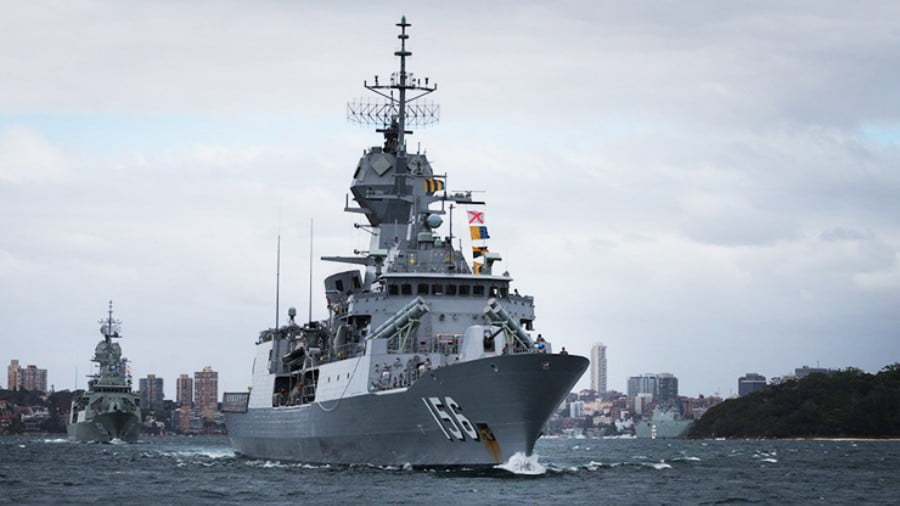Did Russia’s “Security Equation” Proposal Save Europe?
The Biden Administration has thus far successfully thwarted its anti-Russian “deep state” faction’s globally destabilizing gamble to dangerously sabotage the strategic parity between the US and Russia, but it was only able to do so because of Russia’s “security equation” proposal.
The undeclared US-provoked missile crisis in Europe appears to have noticeably de-escalated following last week’s second Putin-Biden Summit in just half a year’s time. Although the US recently reaffirmed its so-called “open door” policy towards NATO expansion and has once again threatened sanctions against Russia, those appear to have just been a “face-saving” gestures on its part for what’s arguably one of the many compromises that the two leaders agreed upon during their talks. In particular, this concerns the US’ pledge not to dispatch troops to Ukraine in the event that Kiev enters into conflict with Russia. Instead, it’ll only send its soldiers to the territory of fellow NATO allies in that scenario.
Seeing as how this concerns a rethinking of what had up until that point been considered to be NATO’s policy, it makes sense why their leaders stressed the need to negotiate such issues with the bloc. This explains Biden’s subsequent suggestion for a NATO-Russia meeting, the invitation to which was shortly thereafter officially extended to Moscow. It was then reported that Biden will press Ukraine to cede autonomy to Donbass in compliance with the Minsk Accords that Kiev itself had earlier agreed to, which prompted Zelensky to float the idea of holding a referendum on that region. Although the US delivered rockets to Ukraine, it reportedly also held back other arms in order to reduce tensions.
What connects all of these moves together is what Chief of the General Staff of the Russian Armed Forces Valery Gerasimov earlier described as his country’s “newly proposed security equation” for responsibly regulating the US-Russian rivalry. The exact details have yet to be publicly disclosed, but he said shortly after the latest Putin-Biden Summit that “These days a new approach is required to devising mechanisms of arms control. Russia has proposed a new equation of security, encompassing all types of offensive and defensive weapons influencing strategic stability, as well as new spheres of confrontation, such as cyberspace, outer space and artificial intelligence.”
As for the compromises that Russia might have undertaken in pursuit of advancing this pragmatic peacemaking policy, Deputy Foreign Minister Sergei Ryabkov suggested that his country wouldn’t oppose the US joining the Normandy Format of talks on Ukraine even though he still struggles for the time being to understand what that country could bring to it. Nevertheless, he also warned of another 1962-like standoff if talks fail to achieve any tangible progress in substantively de-escalating the undeclared missile crisis in Europe. Ryabkov also said that his country could be forced to deploy intermediate-range nuclear missiles to Europe if Western nations refuse to sign a moratorium on them.
This hints that repairing the damage to strategic stability caused by the former Trump Administration’s withdrawal from the 1987 Intermediate-Range Nuclear Forces (INF) Treaty comprises a crucial pillar of Russia’s “security equation” that it proposed to the US during last week’s Putin-Biden Summit. That’s consistent with Russia’s very serious national security concerns about the potential deployment of such weapons to Ukraine, which is one of the triggers that recently resulted in the undeclared missile crisis that those two Great Powers are now actively trying to resolve. Furthermore, President Putin described the events in Donbass as genocide, which implies that Russia won’t stand by if Kiev attacks.
These statements show that Russia isn’t going to let itself be steamrolled by the US in case America abandons Moscow’s “security equation” proposal by crossing the Kremlin’s two red lines: deploying intermediate-range missiles (even under the cover of so-called “missile defense” systems) to Ukraine and Kiev launching an “Operation Storm”-like ethnic cleansing campaign in Donbass like it’s threatened. Comparing each side’s respective compromises ahead of and immediately after the latest Putin-Biden Summit, it can be concluded that Russia’s were much less than the US’ since all that Moscow did was say that it wouldn’t oppose Washington’s participation in the Normandy Format of talks.
Meanwhile, the US did a whole lot more in order to de-escalate the situation that it was entirely responsible for provoking. To review what was earlier shared in this analysis, this includes: pledging not to dispatch troops to Ukraine if Kiev clashes with Russia; suggesting a NATO-Russia meeting; pressing Ukraine to cede autonomy to Donbass; getting Zelensky to flout the related idea of a referendum to that end; and reportedly holding back more arms than it initially planned to send to that country. When viewed in such a way, it’s clear that the US did more to de-escalate tensions with Russia due to how scared it became that the crisis that it provoked had credibly risked spiraling out of control.
This confirms that Russia successfully defended its red lines that constitute its core national security interests in this context. Nevertheless, no legal guarantees have yet been made to Moscow related to its requested limits on NATO’s eastern expansion, nor has the INF Treaty been de facto revived in any form. The US’ anti-Russian “deep state” faction that’s responsible for triggering the latest tensions in its desperate ideologically driven bid to retain the perception of Russia as their country’s greatest strategic threat instead of China could still sabotage this process if Biden isn’t able to control them. It’s therefore in his administration’s interests that he succeeds in reining in their influence before it’s too late.
That’s because the anti-Chinese faction that became predominant in this “deep state” struggle as Trump’s greatest strategic legacy is depending on the clinching of a so-called “non-aggression pact” with Russia (nowadays euphemistically referred to in official Russian parlance as that country’s “security equation” proposal per Gerasimov’s earlier cited statement) in order to enable it to redeploy some of its European-based forces to the Asia-Pacific for the purpose of more aggressively “containing” China. To be clear, Russia wouldn’t support the US making such a move, but it also wouldn’t be able to influence its decision-making in that respect in the scenario that European tensions are successfully de-escalated.
Since the Biden Administration not only inherited Trump’s predominant anti-Chinese “deep state” faction but also retained it as evidenced by his willingness to meet with Putin twice in just six months’ time, it can be inferred that the US is presently more motivated by its grand strategic desire to “contain” China than to “contain” Russia since it simply can’t “contain” both simultaneously due to a lack of resources. This observation inspires optimism that the US will sincerely respect the compromises that it’s thus far made to Russia in the interests of urgently de-escalating the undeclared missile crisis in Europe that its anti-Russian “deep state” faction provoked in their desperate attempt to regain power.
The dynamics are such that the Biden Administration has thus far successfully thwarted their globally destabilizing gamble to dangerously sabotage the strategic parity between the US and Russia, but it was only able to do so because of Russia’s “security equation” proposal. The US had no plan for de-escalating tensions with Russia since that country itself was beginning to lose control of the situation due to the devious machinations of its anti-Russian “deep state” faction. Russia, as the responsible Great Power that it’s always been throughout history, had already thought of a package solution to present during the latest Putin-Biden Summit in order to achieve that end.
It was this “security equation” that saved Europe for the time being at least since it was pragmatic enough for the US to at least seriously consider and begin gradually implementing in part as evidenced by its subsequent compromises towards Russia, especially including its suggestion to hold a NATO-Russia meeting and the pressure that it put upon Kiev to finally comply with the Minsk Accords that are codified as international law per a relevant UNSC Resolution. Plenty of work remains to be done since “the devil is in the details” as the saying goes, but the very fact that everything has already noticeably de-escalated speaks to history repeating itself by Russia once again saving Europe, at least for now.

